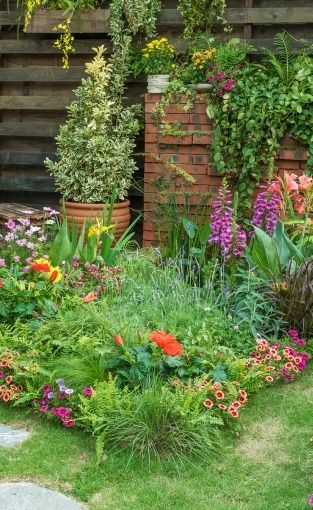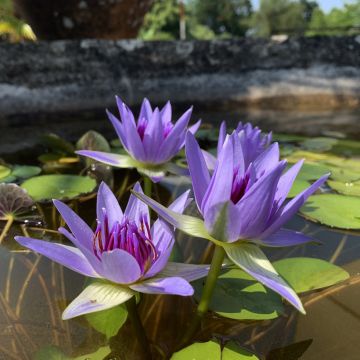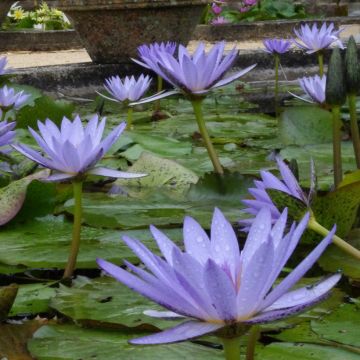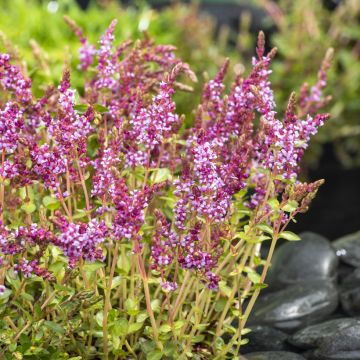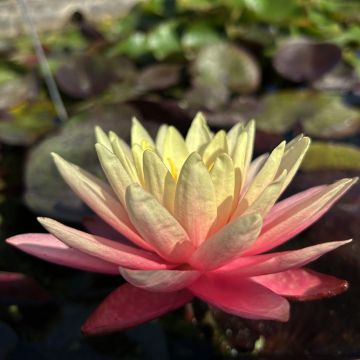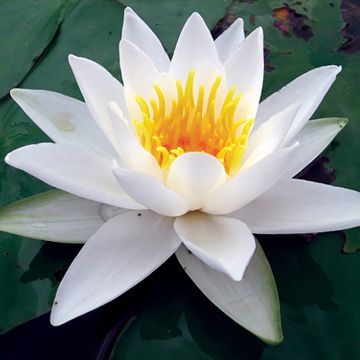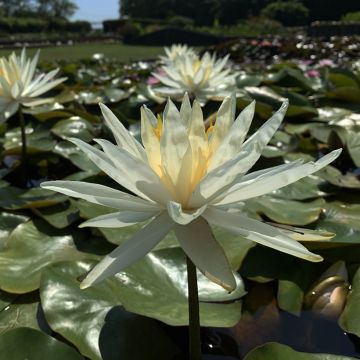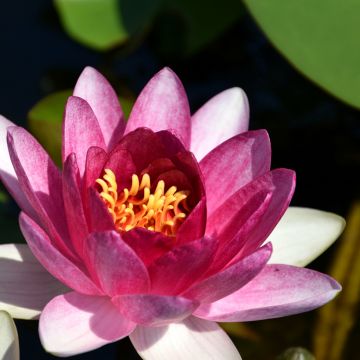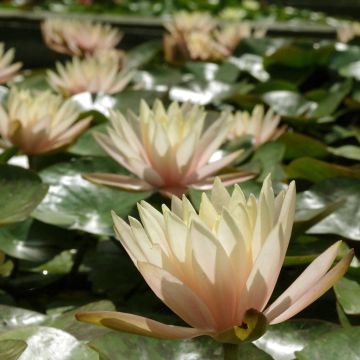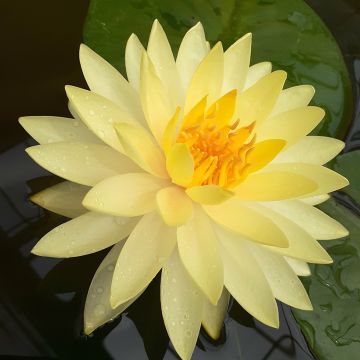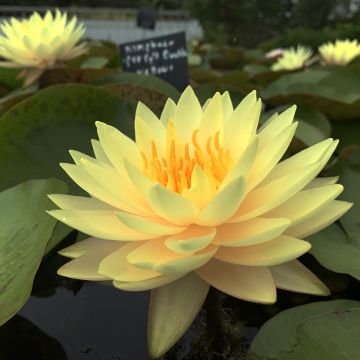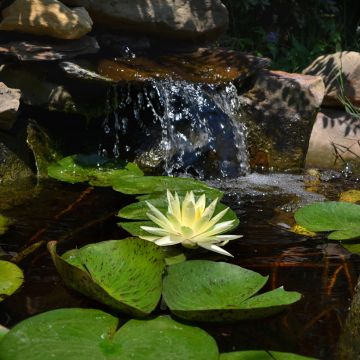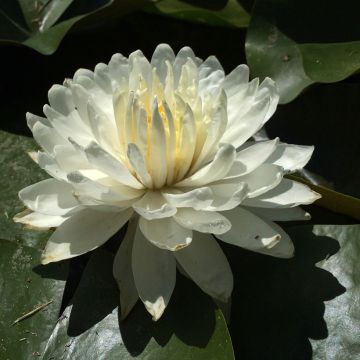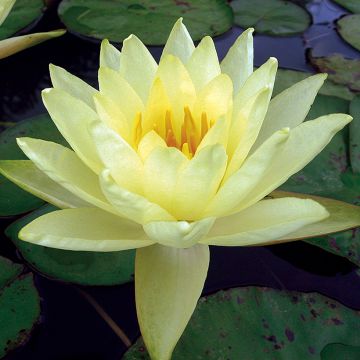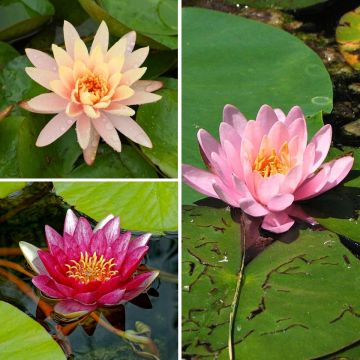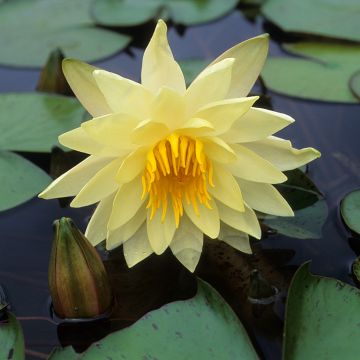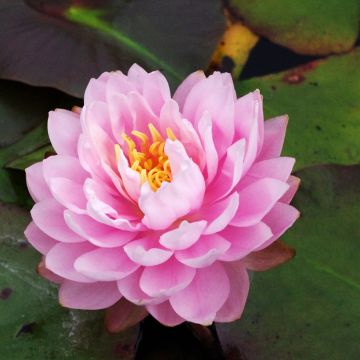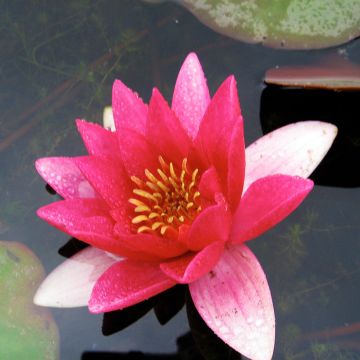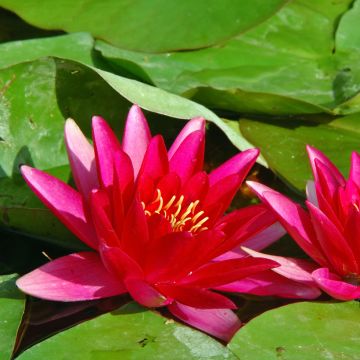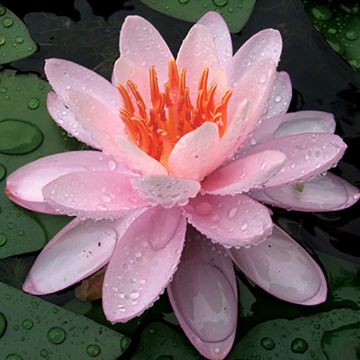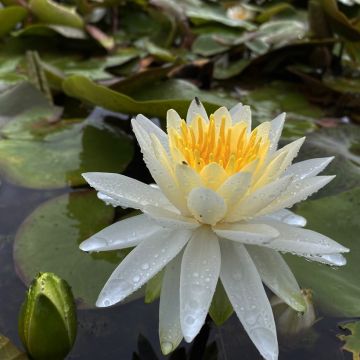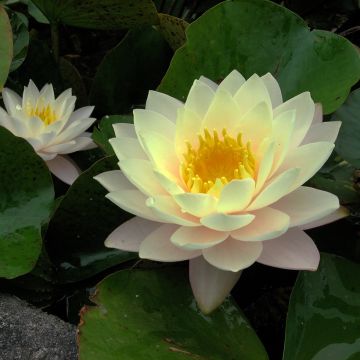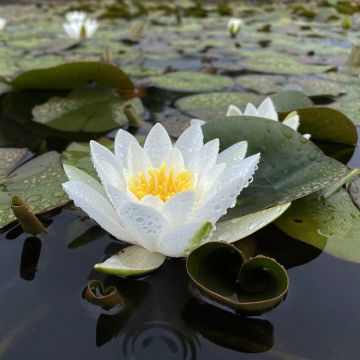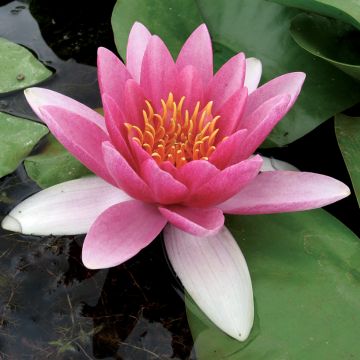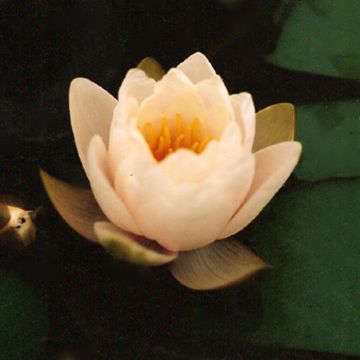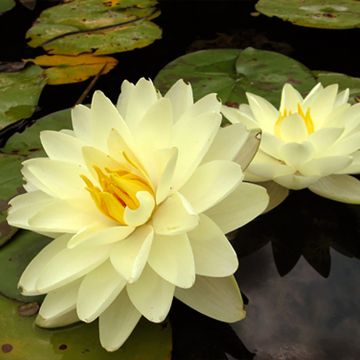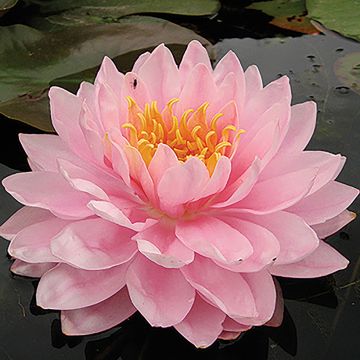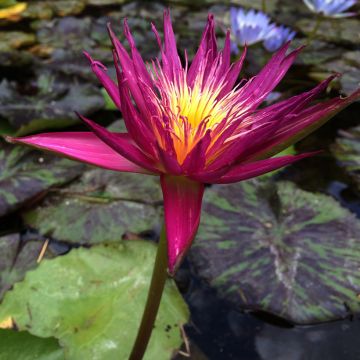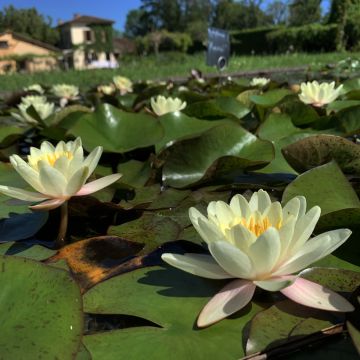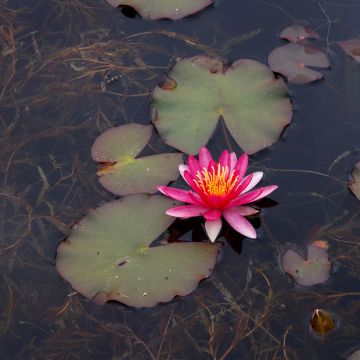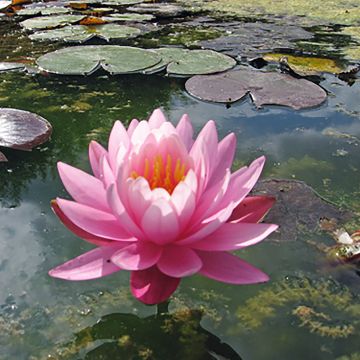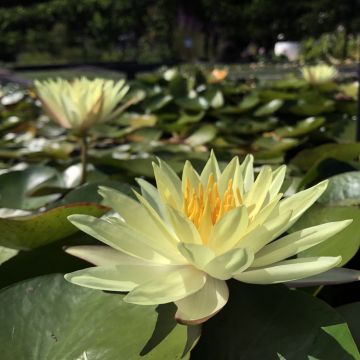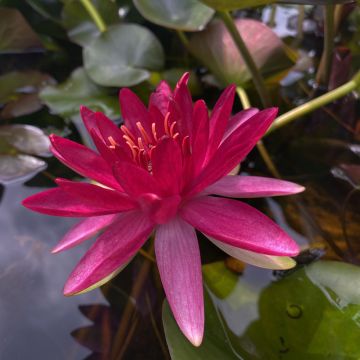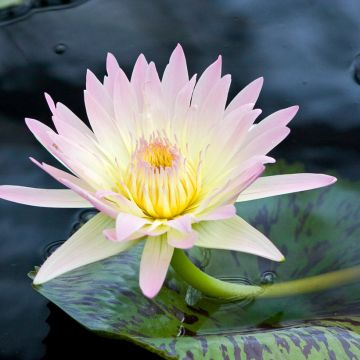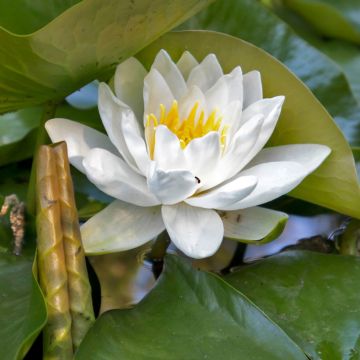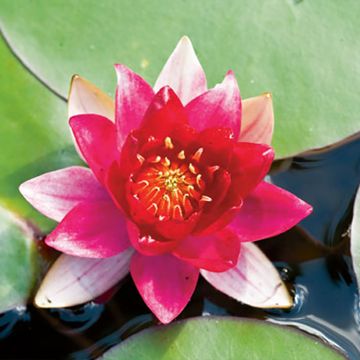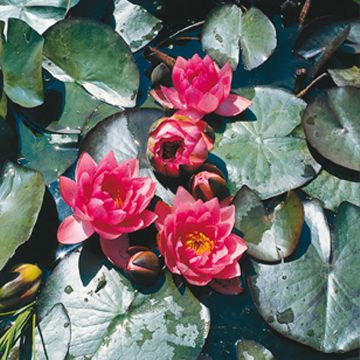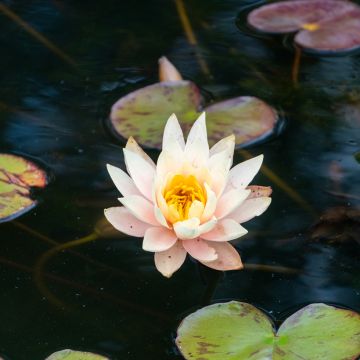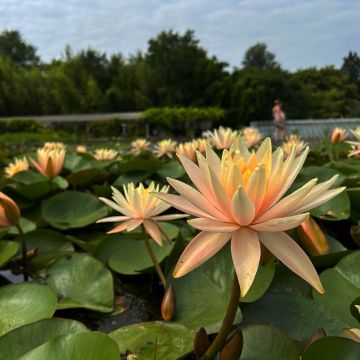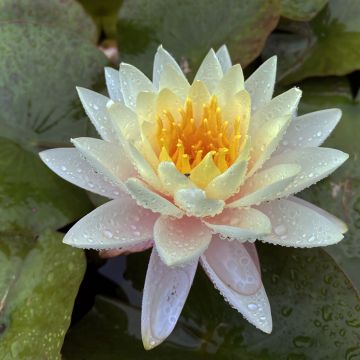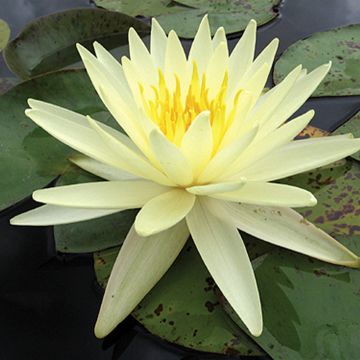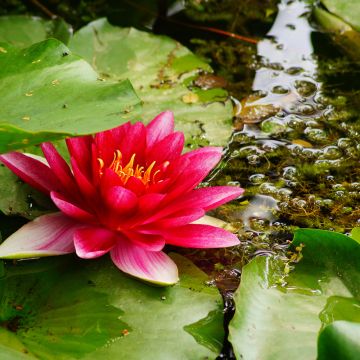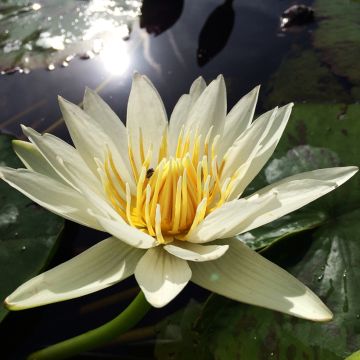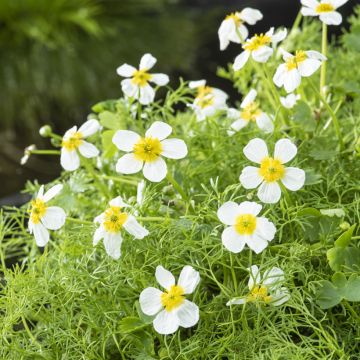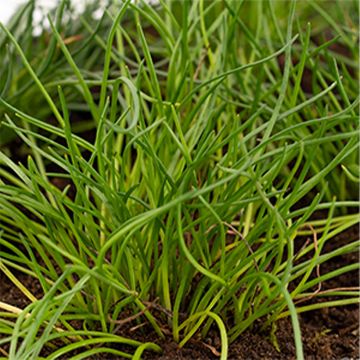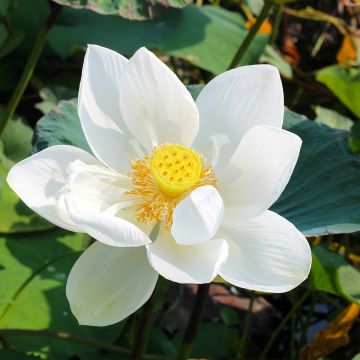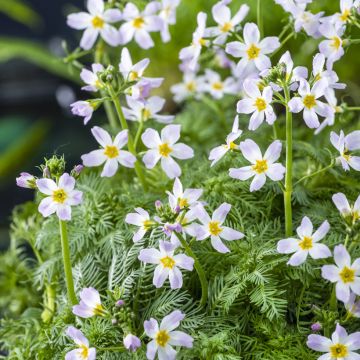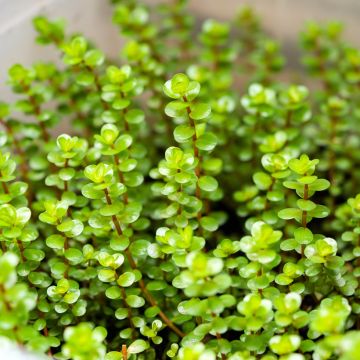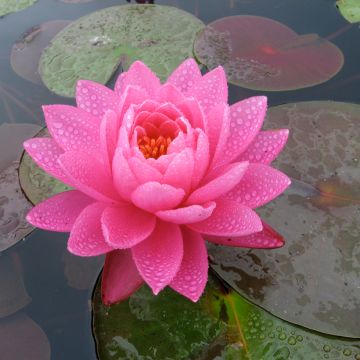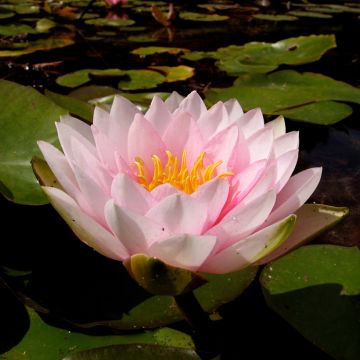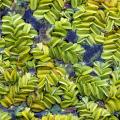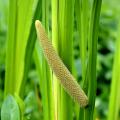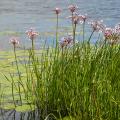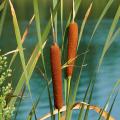Aquatic plants for 50 to 80 cm of water
Does this plant fit my garden? Set up your Plantfit profile →
Available in 1 sizes
Available in 1 sizes
Available in 1 sizes
Available in 1 sizes
Available in 1 sizes
Available in 1 sizes
Available in 1 sizes
Available in 1 sizes
Available in 1 sizes
Available in 1 sizes
Available in 1 sizes
Available in 1 sizes
Available in 1 sizes
Available in 0 sizes
Available in 1 sizes
Available in 1 sizes
Available in 1 sizes
Available in 1 sizes
Available in 1 sizes
Available in 1 sizes
Available in 1 sizes
Available in 1 sizes
Available in 1 sizes
Available in 1 sizes
Available in 1 sizes
Available in 1 sizes
Available in 1 sizes
Available in 1 sizes
Available in 1 sizes
Available in 1 sizes
Available in 1 sizes
Available in 1 sizes
Available in 1 sizes
Available in 1 sizes
Available in 1 sizes
Available in 1 sizes
Available in 1 sizes
Available in 1 sizes
Available in 1 sizes
Available in 1 sizes
Available in 2 sizes
Available in 1 sizes
Available in 1 sizes
Available in 1 sizes
Available in 1 sizes
Available in 1 sizes
Available in 1 sizes
Available in 1 sizes
Available in 1 sizes
Our range of deep-water aquatic plants is to be planted under 50 to 80 cm of water. In this group, you will find giant water lilies, the Nelumbo nucifera lotus, or even the Aponogeton distachyos, also known as the water vanilla. Large aquatic plants have roots anchored in the mud, with either floating vegetation like water lilies or erect vegetation, which is emergent. Fish such as Koi carp hibernate at this depth or even deeper. Deep-water aquatic plants are not numerous but valuable for the fauna that thrive there.
The planting depth should be between 50 and 80 cm, corresponding to the water level between the top of the planting basket, the plant's collar, and the water surface. The height of the basket is not included in this measurement.
Haven't found what you were looking for?






























